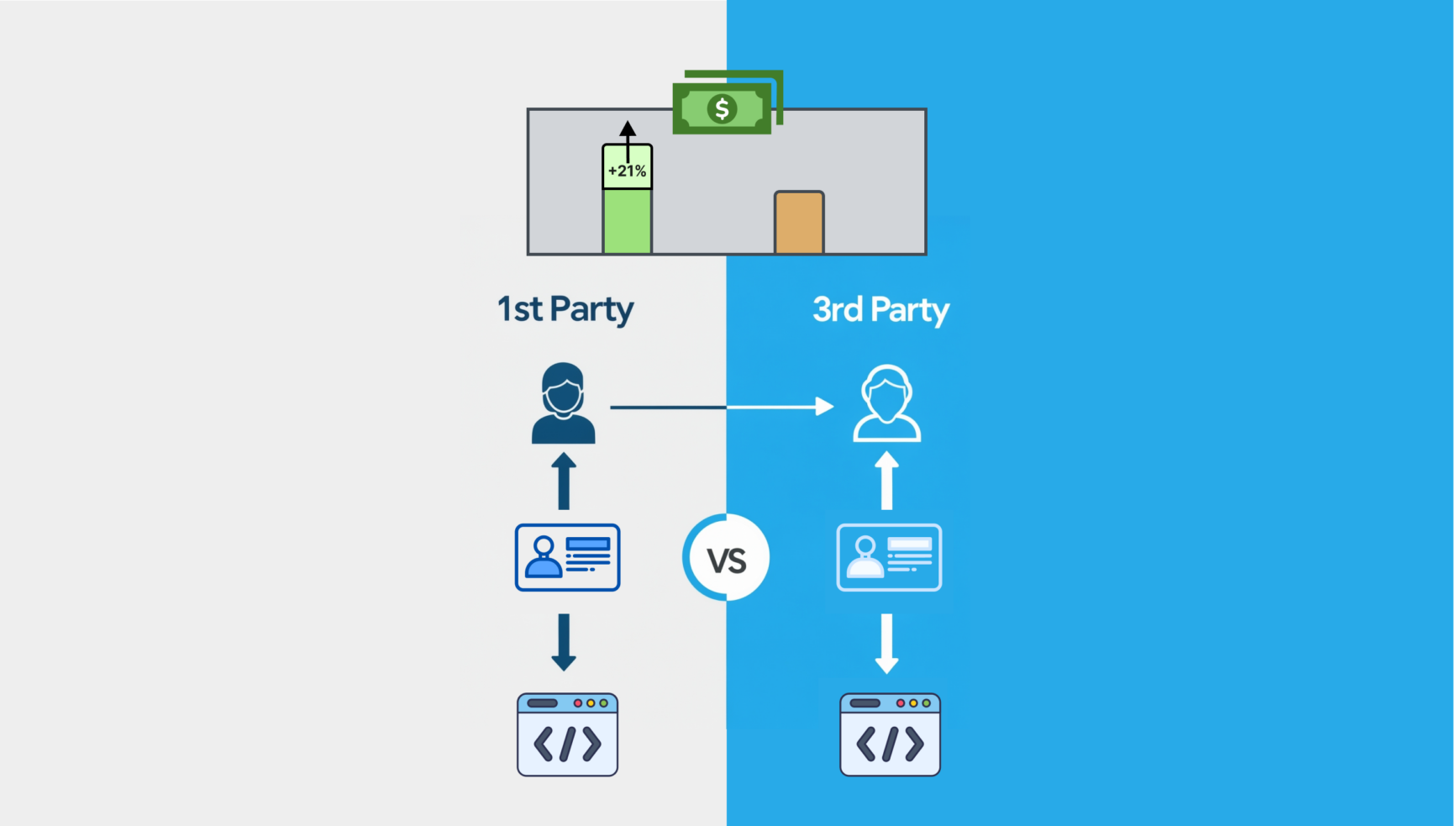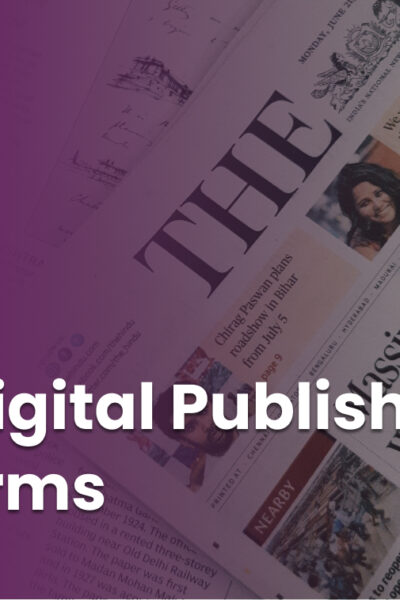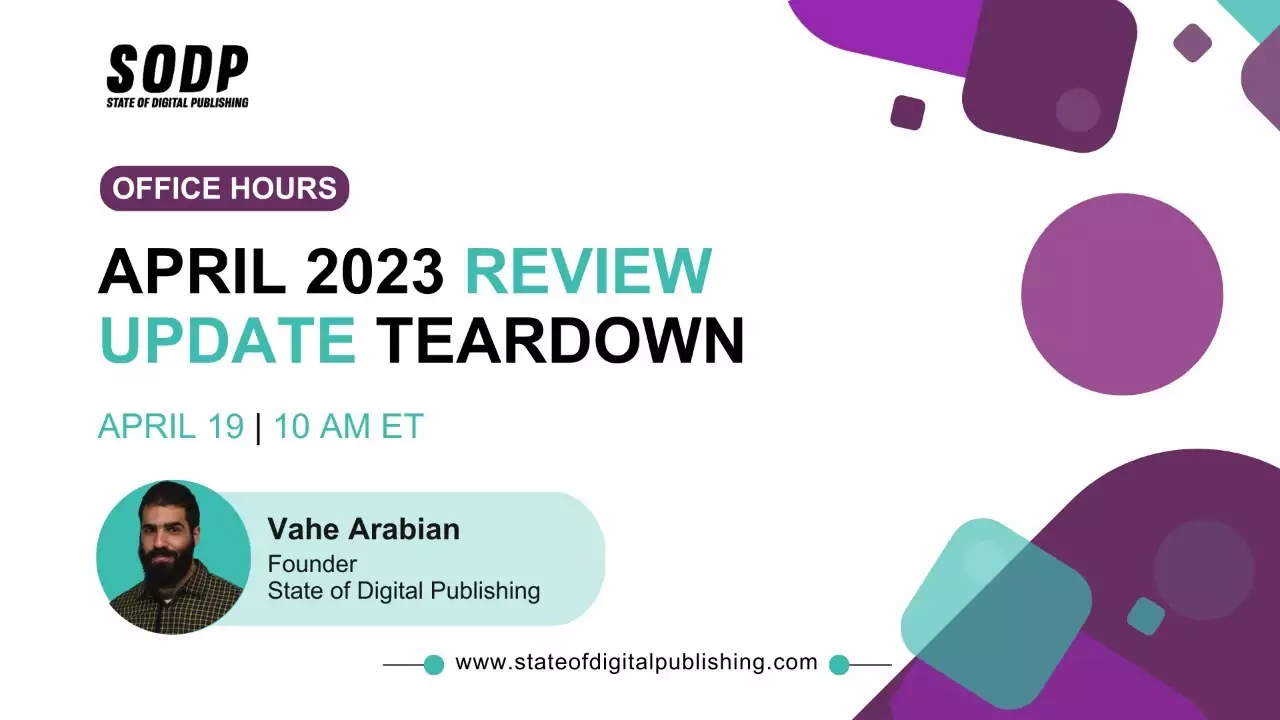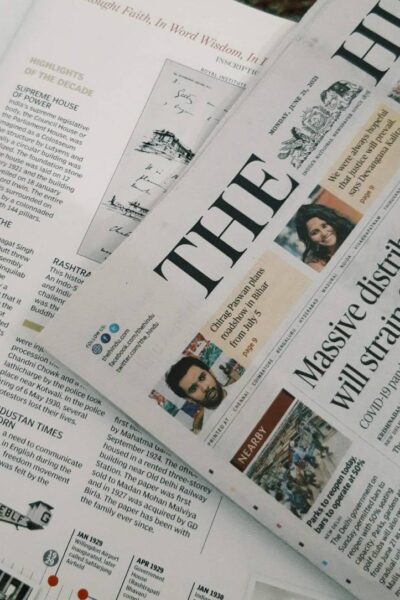Michael Morisy is the Founder of MuckRock.
What led you to start working in digital/media publishing?
I’ve always been interested in storytelling and over time I saw what a critical role journalism plays in building a better society, and that there was a strong need for new digital models to move the field forward. I was interested in software that helps with transparency can make a difference, and I think MuckRock has now shown that it can. We’ve helped file over 40,000 records requests now.
What does a typical day look like for you?
Very few typical days. Usually, I get in at 8 AM, respond to emails and see what is most urgent. That involves troubleshooting some challenges internally, providing feedback on editorial projects, and talking with funders or potential funders. Most of the times, I get a few requests from journalists to help them get information from the government. A little bit of writing and a lot of meetings, and phone calls.
What does your work setup look like? (your apps, productivity tools, etc.)
MacBook Pro, sometimes with an external monitor, keyboard, and mouse. I travel a lot and then I try to just take my iPad with a keyboard. My biggest tool is MuckRock itself; there’s a lot of functionality behind the scenes that we’re slowly exposing to users as we get it right.
After that, email. I do most of my writing in the Apple Notes app, which is simple but I can search everything and it’s synced everywhere. I just wish it could have two documents open at once, but otherwise, it’s great.
Slack — we have a Slack channel with several thousand journalists in it, but it’s surprisingly quiet so I collaborate a lot with people there. I occasionally code and have found that Atom is the right level of advanced for me — i.e., not very advanced.
The main thing for me in what I use is consistency and reliability. I want to never lose work, and always have things work in the way I expect them to. That’s a big part of why I like the iPad. Great battery life, and while a lot of things are still a pain with it, especially coding or dealing with files, it’s easy to focus and you don’t have to worry about time on just rebooting or other nonsense.
What do you do to get inspired?
There’s so much amazing work out there. I love the Local Matters newsletter and the Local Fix. The New Yorker and Oxford American are my two favorite magazines, I try to read them whenever I have time. Then I’m always fascinated by things far outside media. The indie game scene is amazing. Folks playing around with AR and machine learning, and Twitter bots.
What’s your favorite piece of writing or quote?
I loved James Hamilton’s “All the News That’s Fit to Sell.” It’s a book, so a bit more to digest. Probably not my favorite book of all time, but maybe one that I’ve thought most about the past few years in my professional life, in terms of how media has evolved to fit the medium.
What is the most interesting/innovative thing you have seen on another outlet other than your own?
I love the Quartz App. I think it’s a great way to approach a mobile context and frees them up to tackle things pretty differently.
I also like a lot of what Mattermark is doing and wish more newsrooms would take a nod from sites like that in terms of building and presenting data.
What is the problem that you’re passionately tackling at the moment?
Local accountability and transparency is a fascinating challenge. It’s one of those problems that’s just incredibly interesting and nuanced and difficult to unravel, and also critically important. There’s also not as many people seriously tackling the issue of local news ecosystems as you’d maybe think. National media seems to be more or less okay despite all the discussion there, but local media is beyond devastated, and I want to fix that, both by helping more money flow into that kind of work as well as enabling communities to fill that sort of watchdog role with fewer reporters who can work more efficiently and effectively.
Content from our partners
Do you have any advice for ambitious digital publishing and media professionals who are just starting out?
Having some fallbacks skills can be really helpful. I got decent with reporting on business technology, which helped sustain everything else I’ve done over my career and opened up so many opportunities because not many people are interested in writing about business or non-consumer technology.












